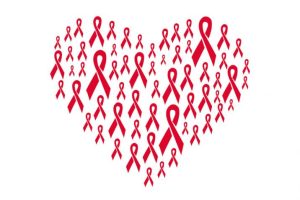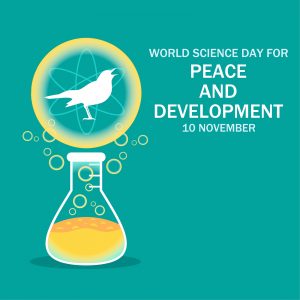 Equalize
Equalize
Every year, on 1 December, the world commemorates World AIDS Day. People around the world unite to show support for people living with and affected by HIV and to remember those who lost their lives to AIDS.
The inequalities which perpetuate the AIDS pandemic are not inevitable; we can tackle them. This World AIDS Day, UNAIDS is urging each of us to address the inequalities which are holding back progress in ending AIDS.
The “Equalize” slogan is a call to action. It is a prompt for all of us to work for the proven practical actions needed to address inequalities and help end AIDS.
Data from UNAIDS on the global HIV response reveals that during the last two years of COVID-19 and other global crises, progress against the HIV pandemic has faltered, resources have shrunk, and millions of lives are at risk as a result.
We have only eight years left before the 2030 goal of ending AIDS as a global health threat. Economic, social, cultural and legal inequalities must be addressed as a matter of urgency. In a pandemic, inequalities exacerbate the dangers for everyone. Indeed, the end of AIDS can only be achieved if we tackle the inequalities which drive it. World leaders need to act with bold and accountable leadership. And all of us, everywhere, must do all we can to help tackle inequalities too.
Dangerous Inequalities
Dangerous Inequalities, the UNAIDS World AIDS Day report 2022, reveals that inequalities are obstructing the end of AIDS. On current trends the world will not meet agreed global targets on AIDS. Millions of lives are at stake. The new UNAIDS report shows that only urgent action to tackle inequalities can get the world’s AIDS response on track. It shows how world leaders can tackle those inequalities, and calls on them to be courageous in doing so.

 “Clothe yourselves with the Lord Jesus Christ.”
“Clothe yourselves with the Lord Jesus Christ.”




 “Stand firm, and you will win life”. (New International Version
“Stand firm, and you will win life”. (New International Version Celebrated every 10 November, World Science Day for Peace and Development highlights the significant role of science in society and the need to engage the wider public in debates on emerging scientific issues. It also underlines the importance and relevance of science in our daily lives.
Celebrated every 10 November, World Science Day for Peace and Development highlights the significant role of science in society and the need to engage the wider public in debates on emerging scientific issues. It also underlines the importance and relevance of science in our daily lives.
 World Paper Free Day
World Paper Free Day Every year on November 5th, countries around the world observe World Tsunami Awareness Day. This day raises tsunami awareness and shares innovative approaches to risk reduction.
Every year on November 5th, countries around the world observe World Tsunami Awareness Day. This day raises tsunami awareness and shares innovative approaches to risk reduction.